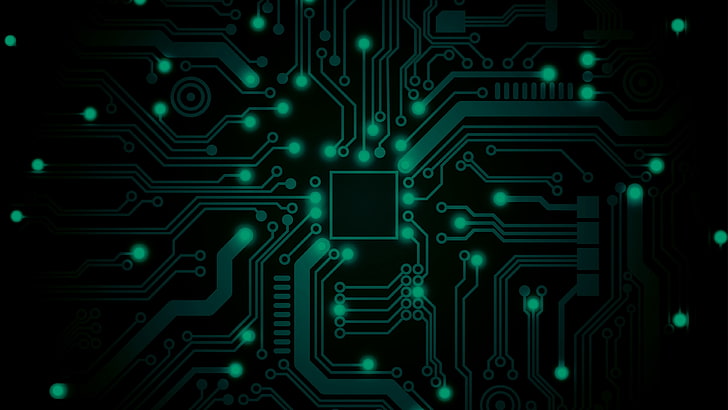
Welcome to the fascinating world of electronic components! In today’s technologically advanced society, electronic components play a crucial role in powering the devices we rely on daily. From smartphones to computers, and even household appliances, these components form the building blocks of modern technology. Whether you are a tech enthusiast or simply curious about how these intricate pieces work together, understanding electronic components opens up a world of innovation and possibilities. Let’s dive in and unravel the wonders of electronic components to gain a deeper insight into the inner workings of the devices that shape our lives.
Types of Electronic Components
When exploring the world of electronic components, it is essential to understand the diverse categories that play crucial roles in electronic devices and systems.
One fundamental type of electronic component is the resistor, which regulates the flow of current within a circuit, thereby controlling the voltage levels and protecting more delicate components.
Another vital component is the capacitor, tasked with storing and releasing electrical energy as needed to maintain stability within electronic circuits.
Inductors form another integral category of electronic components, contributing to the management of current flow by storing energy in magnetic fields and resisting any sudden changes in current.
Importance of Electronic Components
IGBT Module
Electronic components play a vital role in powering the devices and technology we use in our daily lives. They are the building blocks that make up electronic circuits, enabling the functioning of various devices such as smartphones, computers, and household appliances.
Without electronic components, modern technology as we know it would not exist. These components are essential in converting electrical signals into meaningful information, allowing for communication, data processing, and control of different systems.
The importance of electronic components extends beyond consumer electronics to industries such as healthcare, automotive, and manufacturing. In healthcare, electronic components are used in medical devices that help diagnose and treat patients. In the automotive industry, these components are crucial for vehicle control systems and safety features. In manufacturing, they enable automation and quality control processes.
Future Trends in Electronic Components
The future of electronic components is bright, with continuous advancements in miniaturization and integration. As technology progresses, we can expect to see even smaller components packed with more functionalities, leading to sleeker and more powerful electronic devices.
One prominent trend is the development of flexible and wearable electronic components. These components are designed to be bendable and stretchable, allowing for integration into clothing and accessories. This innovation opens up new possibilities for wearable technology, health monitoring devices, and smart textiles.
Another exciting trend is the focus on environmentally friendly electronic components. With increasing awareness of sustainability, manufacturers are exploring ways to create components using eco-friendly materials and processes. This trend aligns with the global movement towards green technology and can lead to a significant reduction in electronic waste.